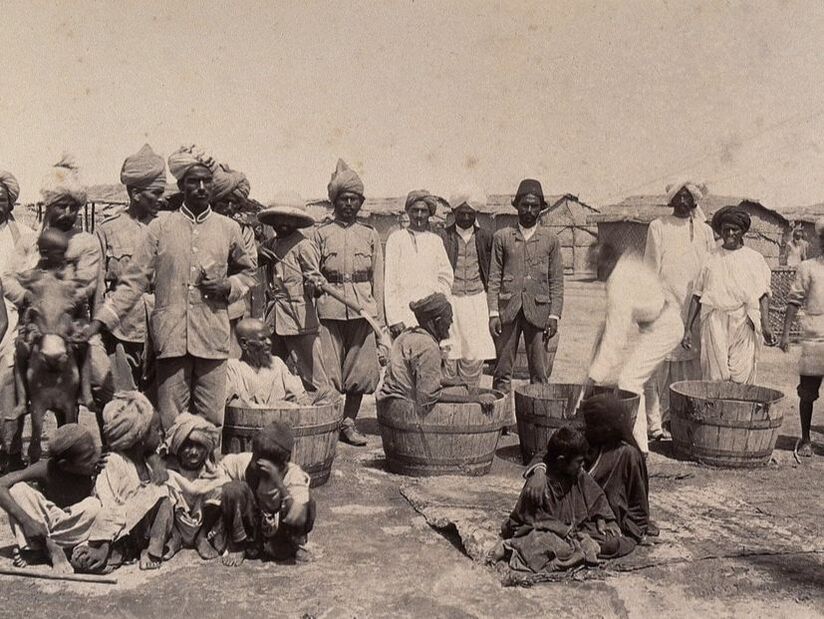|
Mrunmayee Satam, Amity Institute of Liberal Arts, Amity University, India
Chinmay Tumbe, author of India Moving: A History of Migration, once articulated in an interview that – ‘while the city offers economic security to the poor migrant, their social security lies in their villages, where they have assured food and accommodation’. It has been said that the economic sector is the first to receive a setback during an outbreak of any disease. It is no surprise, therefore, that historians of the social history of health and healthcare have highlighted that epidemics and pandemics trigger the process of reverse migration — a phenomenon wherein people will travel in the opposite direction of what they would typically follow. This means that when there is a great deal of uncertainty surrounding their daily wages, migrant populations residing in cities prefer to travel back to their home towns in the countryside in search of social security.
0 Comments
|
Identities COVID-19 Blog SeriesExplore expert commentaries curated by Identities surrounding COVID-19 and displaced migration, nationhood and citizenship, and more. Blog Categories
All
|
Explore Identities at tandfonline.com/GIDE |
|
The views and opinions expressed on The Identities Blog are solely those of the original blog post authors, and not of the journal, Taylor & Francis Group or the University of Glasgow.

